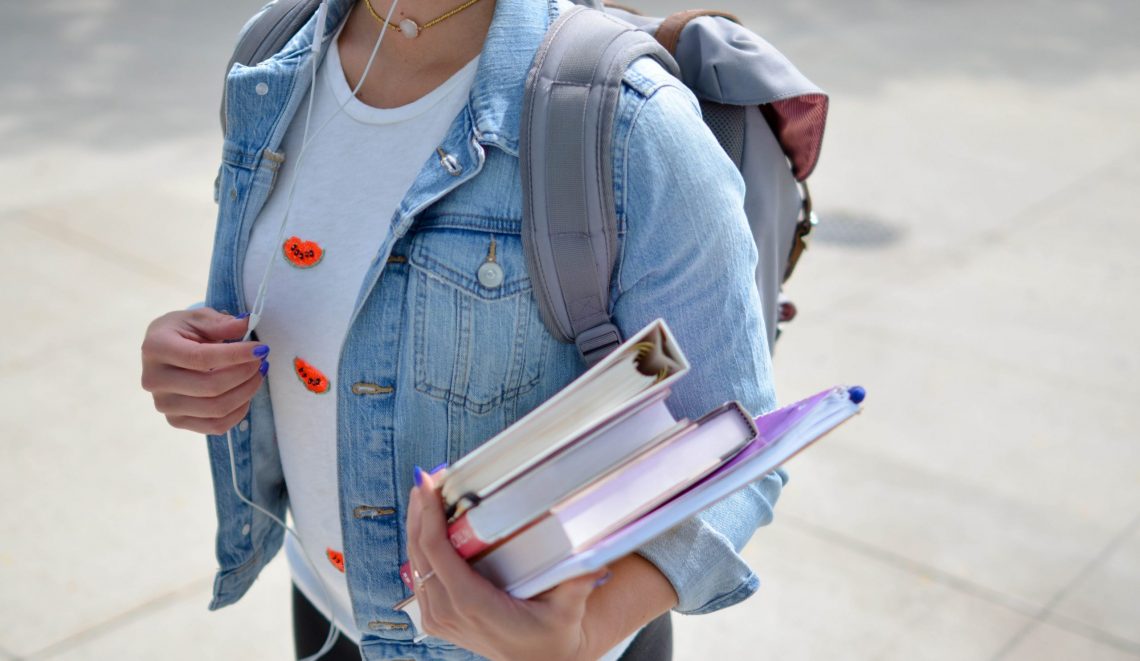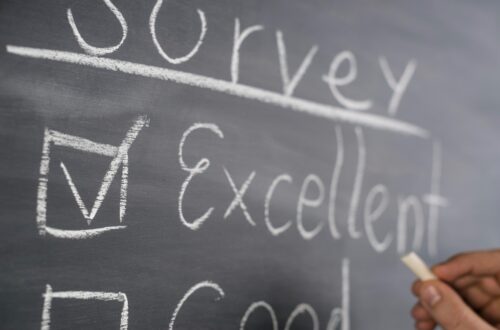
Power of Education Binder Goes Beyond Graduation
An Education Binder holding key information about a military-connected student is a powerful tool for continuity—and the power of the binder goes beyond high school graduation. A complete Education Binder documents progress and can help students communicate their abilities and accomplishments to future employers, prospective colleges, and scholarship committees.
Documenting a student’s progress during high school years looks a bit different for military-connected students than for their more stationery peers, says experienced military mom and financial coach Kate Horrell.
“If they’ve moved, they can’t count on their current high school or community to have records of their accomplishments, awards, and community involvement,” says Kate. “That makes it more important that students keep their own folder or binder tracking volunteer hours, awards, and letters of recommendation.”
Start Early
Planning ahead can avoid a mad scramble in the weeks before an application is due. Students and parents can begin as early as middle school to consider accomplishments and involvements that provide positive preparation for the future. The Education Binder is the ideal place to file certificates, school honors, letters of appreciation, and document volunteer work. When it’s time to fill out an application or build a student resume, the binder becomes a valuable reference.
“Most college applications ask for information from your high school years, so definitely start keeping track once you start high school,” Kate advises students.
As far as what to save and record, the more the better, she says. Records of honor societies, athletics, clubs, faith group involvement, and community, charity, and volunteer work can all be helpful.
“Better to have too much information and the luxury of choosing than to be scrambling to find things at the last minute,” says Kate.
Be Intentional
Starting early to document activities also allows students to be more intentional about their involvements and achievements throughout their high school years. Students can review the binder occasionally to evaluate whether their grades and activities match up with their career and education goals. Regular reviews can reveal ways the resume could be bolstered and remind the student of their accomplishments.
 Reviewing the binder is a good activity in the Season of Thriving, encouraging students to set goals and determine what they will do to meet them. Military kids, particularly if they move during high school, may need to be more proactive to show a pattern of involvement and personal development for future applications.
Reviewing the binder is a good activity in the Season of Thriving, encouraging students to set goals and determine what they will do to meet them. Military kids, particularly if they move during high school, may need to be more proactive to show a pattern of involvement and personal development for future applications.
“Some military kids struggle because it can be hard to break into sports teams and leadership positions, so that’s a definite challenge,” says Kate. “If you can’t find something at school, perhaps look to the community. Things like scouts are great, because they’re typically available almost anywhere, so you can build some continuity there. You also might consider volunteering at the food bank, or local hospital, or animal shelter.”
Another consideration for students in a military community is that educators and other adults might also move away. Either way, Kate advises being proactive about requesting letters of communication, rather than waiting until it’s time to fill out applications.
“It may be hard to track down a letter of recommendation from the person who supervised a camp where you volunteered last year if that person has moved,” she says. “Ask those adults for letters of recommendation just after the event, or the award. And keep in touch with them. You never know when that connection will come in handy. Maintain those relationships.”
Use the Resume
If a student needs letters of recommendation when they are new to a school or community, having a solid Education Binder is helpful here too. The student can make an appointment to discuss their request for a letter and provide the letter writer with the student’s resume with relevant accomplishments at previous schools. It’s probably not necessary to bring along the whole Education Binder, but the student can provide certificates or documents as needed.
“Create a resume highlighting key points and interesting facts to help recommenders,” says Kate. “Include educational, community, and personal information, especially if it is unique or explains oddities in a student’s official record. Maybe your child moved from an international school to a standard US high school, and their transcript looks wonky, or they took a bunch of freshman classes their senior year to meet their new school’s graduation requirements. Make it an asset—this is a flexible kid—instead of a liability that they took freshman classes as a senior.”
Emphasize the Positive
Kate also suggests drawing on the experiences of military life when crafting essays for college applications. Military students may need some help to realize the way they grew up is unique, because it was simply normal life to them. Parents and educators can help students see what is unique about their experiences and offer positive perspectives.
The challenges of military life often have a positive flip side, offering opportunities for growth and learning. Some of those lessons are difficult to capture in the Education Binder, but an ongoing record of a student’s education provides a solid foundation for telling the unique story of life as a military-connected student.
Kate Horrell is an expert in military family finances, a military spouse and mother of two. She blogs at katehorrell.com and is also a contributor to the Paycheck Chronicles on Military.com.
Read More:
- Creating an Education Binder
- Student Resume: Collecting Skills and Materials
- Proactive Communication for Students in Every Season
- Advice from Kate Horrell on college finances and using the GI Bill


